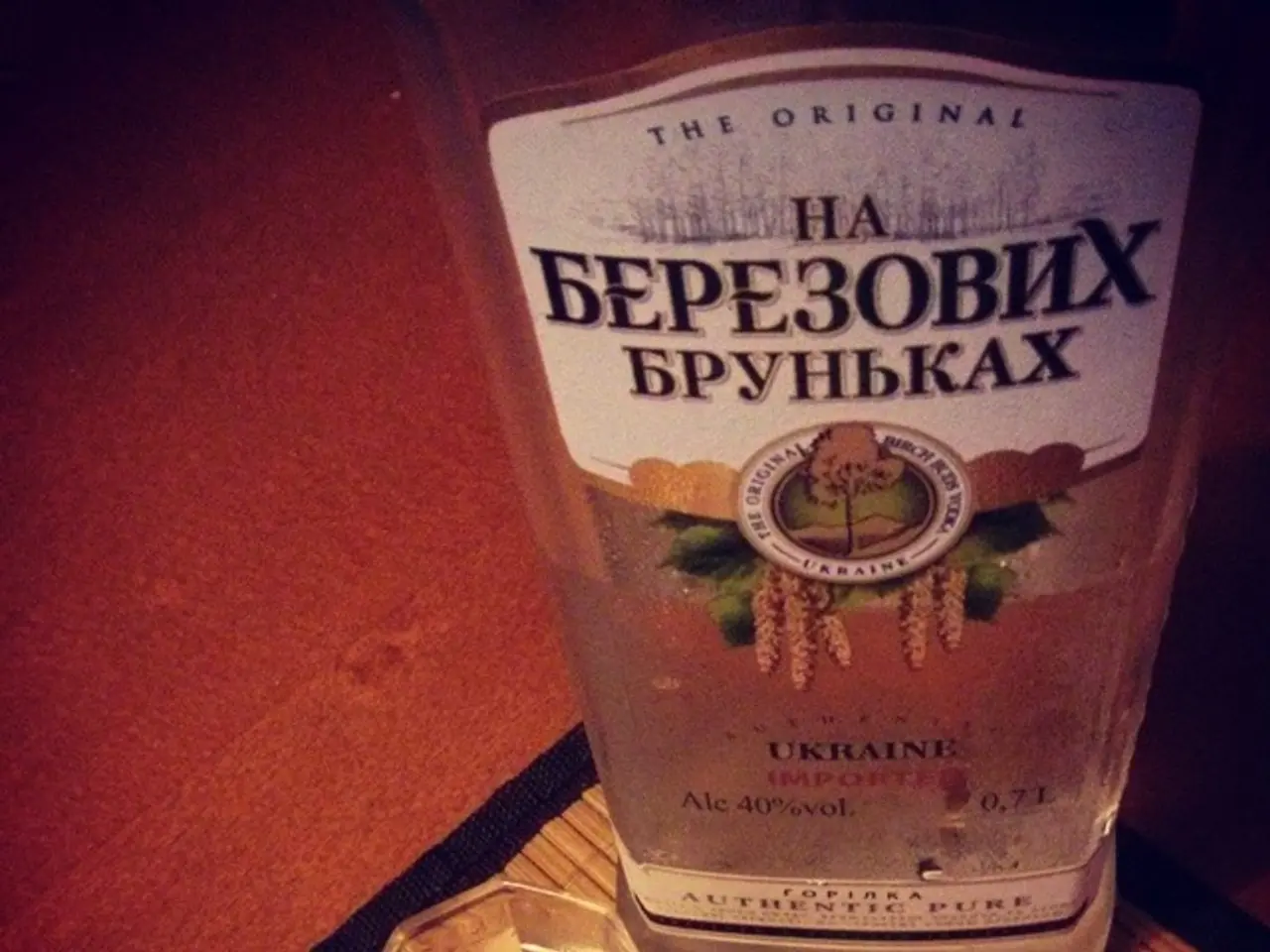Alcoholic Hiccups: Causes and Ways to Avoid Them
The diaphragm, a muscular sheet that separates the chest from the abdomen and supports breathing, plays a crucial role in the phenomenon of hiccups. Alcohol consumption can be a common trigger for this unwelcome reflex, primarily due to its irritating effect on the digestive tract and stimulation of the vagus nerve, both of which are integral to the hiccup reflex [1][3][5].
The hiccup reflex is a complex neural pathway that involves the vagus nerve, phrenic nerve, and brainstem centers. Stimulation from alcohol-induced irritation can cause involuntary diaphragm contractions and sudden glottis closure, resulting in hiccups [3][5].
Fortunately, there are several ways to prevent or manage alcohol-induced hiccups:
- Moderation in alcohol consumption: Avoiding rapid or excessive alcohol intake can help reduce digestive tract irritation and gastric distension [5].
- Vagal maneuvers: Techniques such as holding your breath, swallowing repeatedly, or gently stimulating the back of the throat can help inhibit the hiccup reflex by affecting the vagus nerve [3].
- Traditional remedies: Drinking water slowly or swallowing sugar are common methods, although scientific evidence supporting their effectiveness is limited [5].
- Medical interventions: If hiccups persist or become severe, medical treatments targeting neurotransmitter pathways involved in hiccups — including GABAergic agents (e.g., baclofen) or dopamine antagonists — may be used under medical supervision [3].
- Rare interventions: In very rare, chronic cases, interventions like a vagus nerve stimulator or nerve blocks have been employed [5].
In most cases, alcohol-induced hiccups are temporary and resolve without treatment. However, if hiccups persist for more than 48 hours, they should be addressed by a healthcare professional, as chronic hiccups, or singultus, can lead to insomnia, exhaustion, and weight loss if a person cannot eat [1][3][5].
Hiccups are characterized by involuntary contractions of the diaphragm followed by a sudden closure of the vocal cords [1]. While alcohol consumption is a common trigger, it's important to remember that hiccups can also be prompted by various other factors, such as temperature and carbonation, or overconsumption [1].
References:
[1] Mayo Clinic. (2021, March 29). Hiccups. Retrieved from https://www.mayoclinic.org/diseases-conditions/hiccups/symptoms-causes/syc-20374612
[3] National Institutes of Health. (2020, November 19). Hiccups. Retrieved from https://medlineplus.gov/ency/article/000963.htm
[5] UpToDate. (2021, January 21). Hiccups in adults. Retrieved from https://www.uptodate.com/contents/hiccups-in-adults
Read also:
- Digestive issues: Understanding causes, remedies, and further details about acid reflux and excessive burping
- Exploring Botox as a Treatment for Interstitial Cystitis: Insights, Adverse Effects, and Further Details
- Risk Factors for Developing Penile Cancer
- Linking brain weakness and cognitive decline: An examination of the potential relationship





